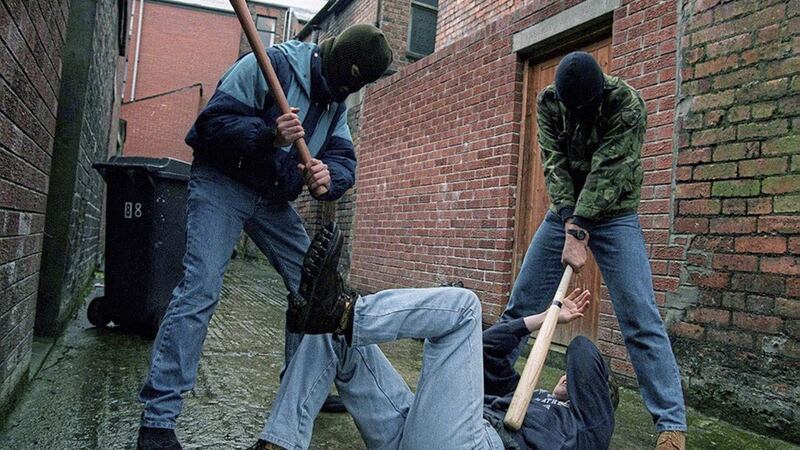May 16 1924
The Prime Minister [James Craig] said that he had hoped that what was known as the [ex-DI John] Nixon incident was closed, but in response to the appeals that had been made that day he was prepared to give the House and the people outside his opinion of the whole subject.
Mr Nixon’s conduct was a distinct disobedience of orders which could not be overlooked by any government that proposed to carry on the government of Ulster… He was a party to that decision that Mr Nixon should be dismissed. The government did not intend to change that decision. The dismissal must stand.
RUC (previously RIC) DI John Nixon, who was widely believed to be leader of the “Murder Gang” that killed many Catholics in Belfast from 1920 to 1922, was dismissed for a controversial speech making outlandish claims of the military intentions of the Free State.
Boots and Shoes Rushed Across Irish Sea
It is said that British manufacturers of boots and shoes succeeded in rushing 57,000 pairs across the Irish Sea to the Free State between the date of the announcement that a tax was to be imposed and the 5th of May, when the customs officers began to search for leather goods. Every pair thus hurriedly imported will be sold on the assumption that the duty has been paid.
Between the wholesalers and retailers, an additional profit of at least 4s 6d per pair will be gained, meaning that £12,825 – perhaps as much as £15,000 – will be taken from the pockets of boot-wearers and transferred to the purses of boot-sellers as directly and dishonestly as if the purchasers of the boots were “held up” at the points of automatics.
The Dublin Correspondent of the Manchester Guardian Commercial asserts that the Free State tobacco-growers, as represented by Sir Nugent Everard, appear to be quite well satisfied with the abolition both of Imperial Preference and of the subsidy, but they suggest that manufacturers are now threatening to put up their prices and to continue to refrain from purchasing home-grown tobacco.
“If this is a fact,” writes the correspondent, “it would seem to be one of those rare cases where government intervention in a matter of trade might be justified. Considerable encouragement has been given to British firms to establish themselves in Ireland, and it might reasonably be expected of them that they should assist a local industry as far as possible.”


